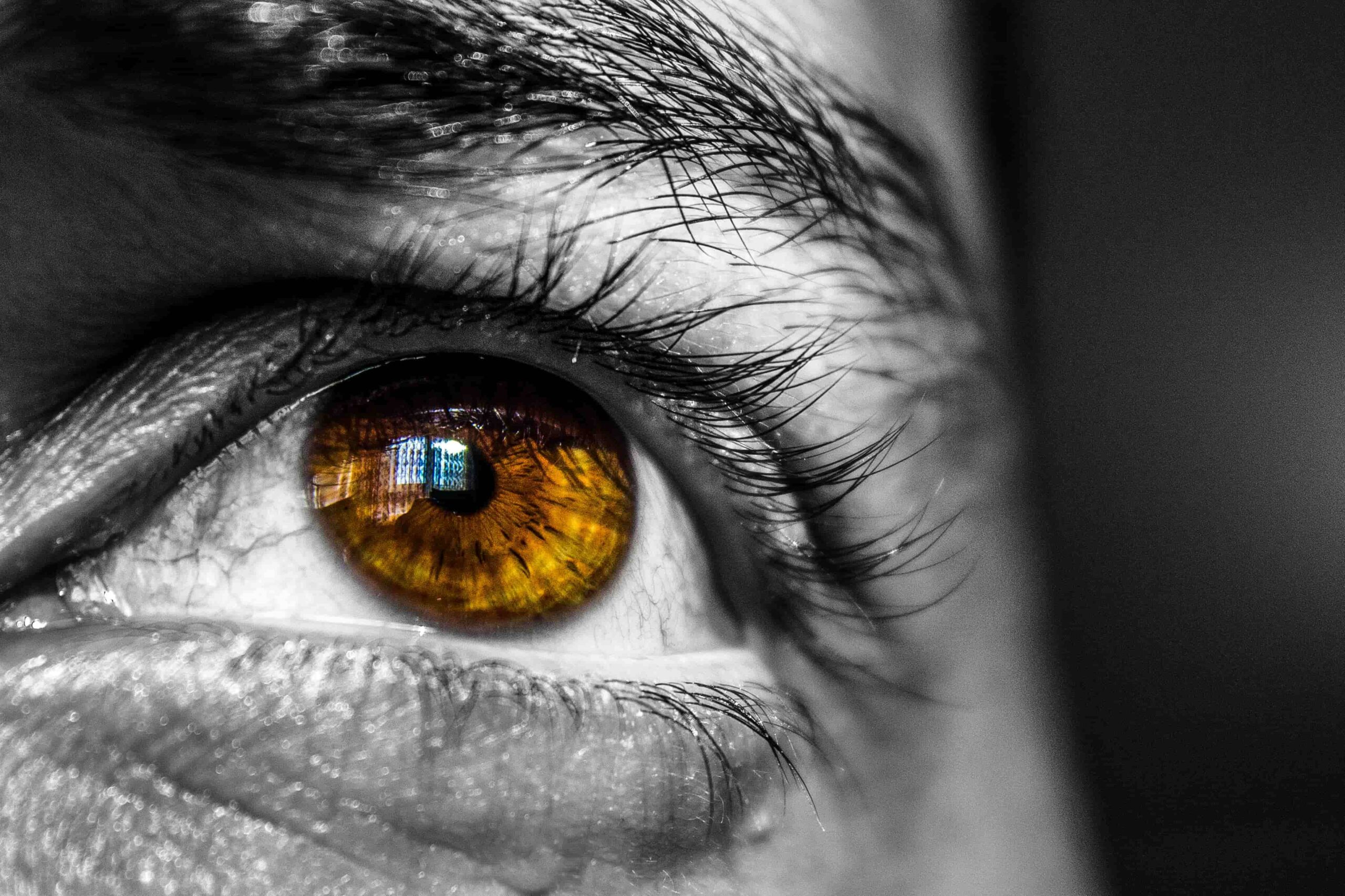Revolutionary Treatment for Corneal Blindness Shows Promising Results
A groundbreaking study published in The Lancet reveals substantial, long-term vision improvements in three out of four patients with severe corneal impairment, following pioneering stem-cell transplants. This innovative approach utilizes induced pluripotent stem (iPS) cells to treat damaged corneas, marking a significant milestone in the fight against limbal stem-cell deficiency (LSCD).
Expert Endorsement
“This development is truly exciting,” remarks Kapil Bharti, Translational Stem-Cell Researcher at the US National Eye Institute, National Institutes of Health. Jeanne Loring, Stem-Cell Researcher at Scripps Research, echoes this sentiment, stating, “The results warrant further patient treatment to fully explore the potential of this breakthrough.”
Understanding Limbal Stem-Cell Deficiency (LSCD)
- The Condition: LSCD occurs when the limbal ring’s stem cell reservoir is depleted, leading to scar tissue formation on the cornea and eventual blindness.
- Traditional Treatments: Limited options include invasive corneal cell transplants from a patient’s healthy eye or deceased donor transplants, which risk immune rejection.
The Innovative Solution: iPS Cell-Derived Corneal Transplants
- Methodology: Researchers, led by Ophthalmologist Kohji Nishida at Osaka University, reprogrammed healthy donor blood cells into iPS cells, then transformed them into transparent, cobblestone-shaped corneal epithelial cells.
- Surgical Procedure: Between June 2019 and November 2020, four patients (aged 39-72) with bilateral LSCD underwent surgery, involving scar tissue removal, epithelial sheet transplantation, and protective contact lens placement.
Remarkable Outcomes
- Safety: No severe side effects or tumor formation were observed after two years, with minimal immune response, even in patients without immunosuppressant drugs.
- Efficacy: Immediate vision improvements were seen in all patients, with sustained gains in three individuals over a one-year observation period. The fourth patient experienced slight reversals.
Future Directions
- Clinical Trials: Scheduled to launch in March, these trials will assess the treatment’s efficacy, building upon the success of this pilot study.
- Global Implications: As part of a broader landscape of iPS-cell-based trials for eye diseases, this breakthrough suggests a promising direction for regenerative medicine.






